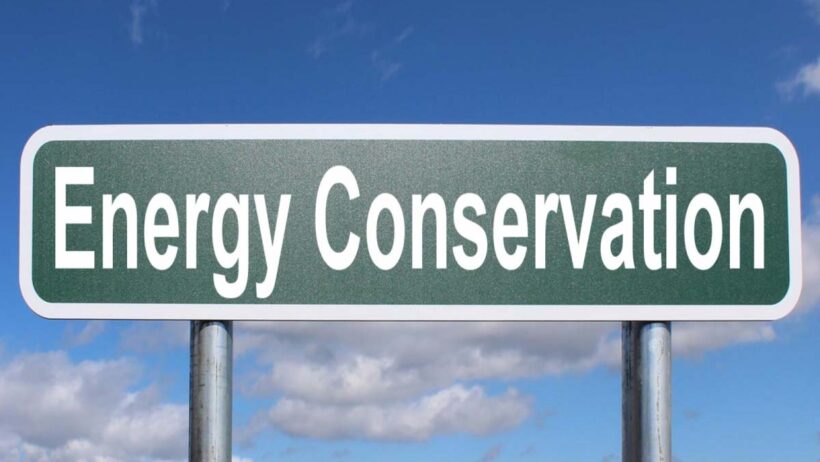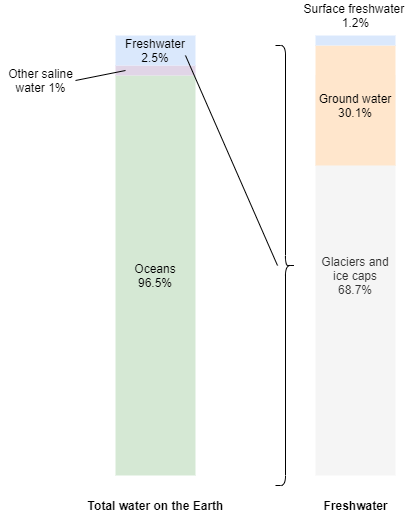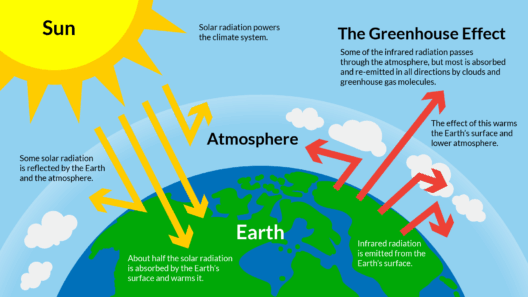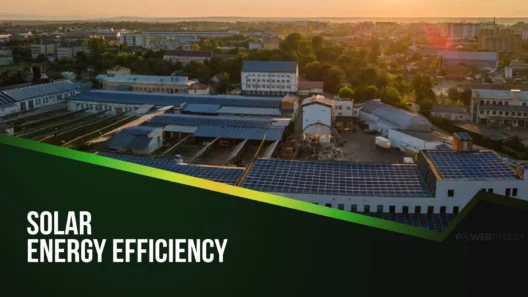As the global population continues to grow and industrial practices advance, the ramifications of excessive energy consumption become increasingly profound. Conserving energy is no longer an optional endeavor; it is a vital necessity for safeguarding our planet and ensuring a sustainable future for generations to come.
Understanding the significance of energy conservation is paramount. It encompasses not merely a reduction in electricity use but also fosters a more profound awareness of our resource consumption, supporting both environmental and economic stability. By focusing on the imperative need to save energy, we can illuminate the broader implications for society, the economy, and the environment.
The Environmental Implications of Energy Consumption
The relationship between energy consumption and environmental degradation provides a salient argument for conservation. Fossil fuels, the primary sources of energy for many nations, are notorious for their adverse effects on the environment. The combustion of these fuels contributes markedly to the greenhouse gas emissions that drive climate change.
Each kilowatt-hour of energy used contributes to a cumulative effect on our planet’s climate systems. Increased atmospheric CO2 levels lead to rising global temperatures, which in turn result in erratic weather patterns, sea-level rise, and biodiversity loss. Therefore, reducing energy usage translates directly to diminished carbon footprints, making energy conservation a principal strategy in our fight against global warming.
Beyond climate change, the extraction and processing of fossil fuels also wreak havoc on natural ecosystems. Oil spills, mining operations, and gas leaks can lead to catastrophic consequences for wildlife and plant life. Transitioning to energy conservation methods supports the preservation of these ecosystems by mitigating the demand for environmentally detrimental practices.
The Economic Benefits of Saving Energy
Cost efficiency is another compelling reason for energy conservation. By reducing energy consumption, individuals and businesses alike can significantly lower their utility bills. This financial incentive is particularly important in times of economic uncertainty, when household budgets are often stretched thin.
Moreover, energy conservation fosters innovation within the market. The demand for energy-efficient appliances, advanced building materials, and sustainable practices stimulates technological advancements and job creation in emerging sectors. When consumers prioritize energy-saving products, they not only save money but also contribute to a burgeoning green economy that promises long-term viability.
Government policies and incentives are increasingly aligned with energy conservation principles, offering tax breaks and grants to those who adopt sustainable technologies. This systemic encouragement further incentivizes both individuals and businesses to invest in energy efficiency, paving the way for sustainable economic growth.
Social Responsibility and Community Resilience
Energy conservation also plays a crucial role in promoting social equity. Access to affordable energy is a fundamental issue, particularly for low-income households that often bear a disproportionate burden of high energy costs. When energy consumption is reduced, the benefits extend to the whole community through lower energy prices and increased availability of resources.
Additionally, communities that prioritze energy efficiency can enhance their resilience against energy shocks. By investing in localized energy solutions such as solar panels or wind turbines, communities can gain greater control over their energy sources. This independence not only strengthens local economies but also reduces vulnerability to global energy market fluctuations.
Investing in Energy Conservation Technologies
Transitioning to a more energy-conscious lifestyle and society necessitates embracing innovative technologies. The advent of smart technologies, such as programmable thermostats and energy-efficient lighting, empowers individuals to monitor and adjust their energy usage more effectively. These technologies, when integrated into our homes and businesses, allow for granular control over consumption patterns.
Furthermore, structural modifications like enhanced insulation and energy-efficient windows are critical in reducing energy loss. Such investments may seem daunting initially, but they yield significant long-term savings by creating more sustainable living environments.
Education and Awareness: Key to Effective Energy Conservation
Ultimately, knowledge is power. Raising awareness about the importance of energy conservation is paramount in fostering a culture that prioritizes sustainability. Educational initiatives can help illuminate the direct correlations between individual actions and global consequences.
Schools, community organizations, and local governments can play pivotal roles in disseminating actionable strategies for energy conservation. Simple practices like turning off lights when leaving a room, using energy-efficient appliances, and utilizing public transportation can collectively produce impactful results when adopted on a wide scale.
Moreover, fostering a collective consciousness around energy conservation cultivates a sense of responsibility toward the environment. Such a mindset encourages individuals to not only focus on their own consumption but to inspire others within their spheres of influence to make changes that resonate positively throughout the community.
The Future of Energy Conservation
As we delve deeper into the 21st century, the challenges posed by climate change necessitate an unwavering commitment to energy conservation. The need for immediate action is perhaps more pressing than ever, as the window for meaningful change continues to narrow. An integrated approach that encompasses environmental sustainability, economic prudence, and social responsibility is imperative.
In conclusion, conserving energy is not merely an individual responsibility but a collective imperative. By understanding the multifaceted importance of saving energy, we can cultivate a more sustainable world that prioritizes the health of our planet and the well-being of future generations. Through concerted efforts, innovative technologies, and an unwavering commitment to education, we can forge a path that not only conserves energy but honors the delicate balance of our world’s ecosystems.






